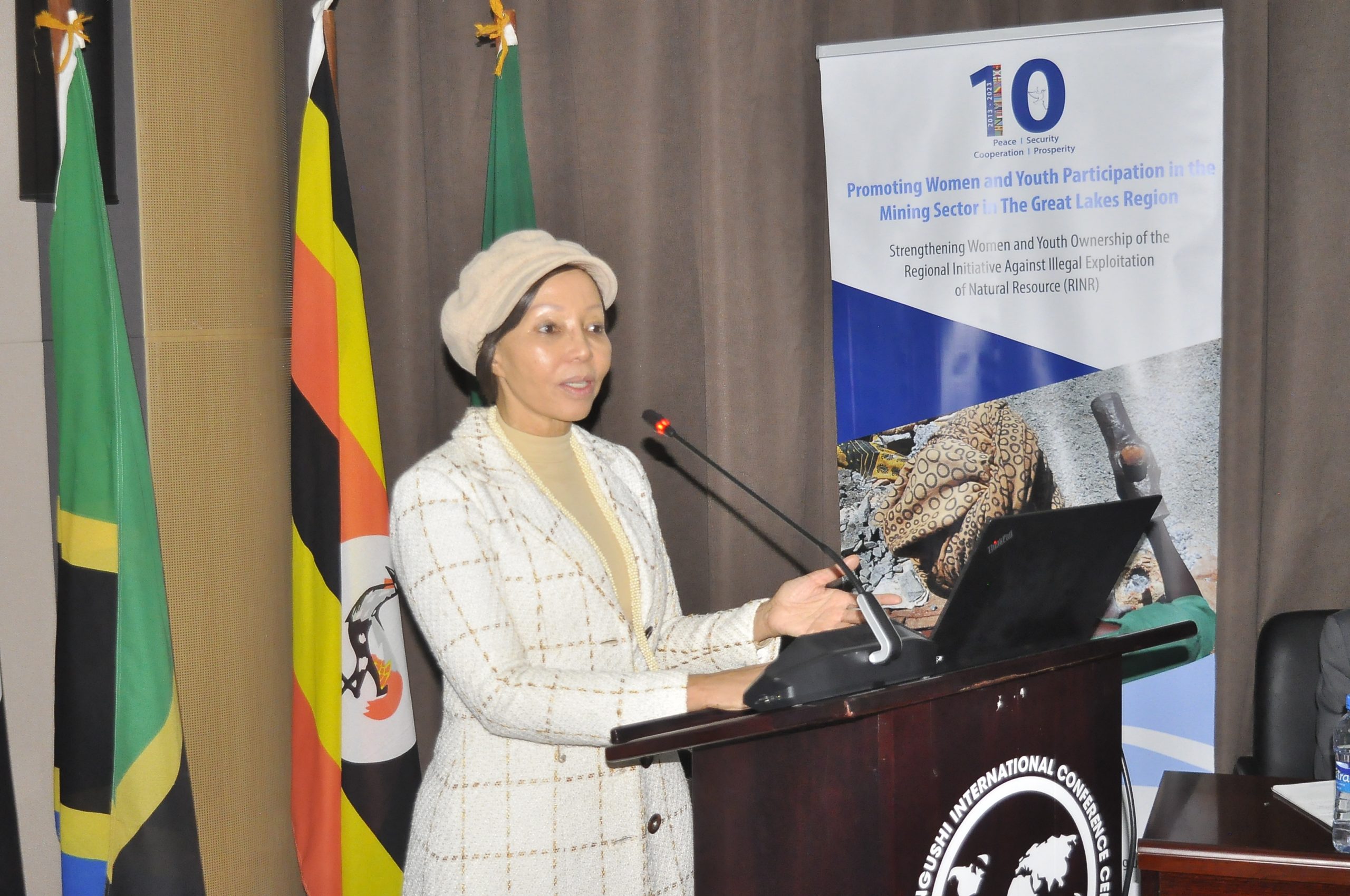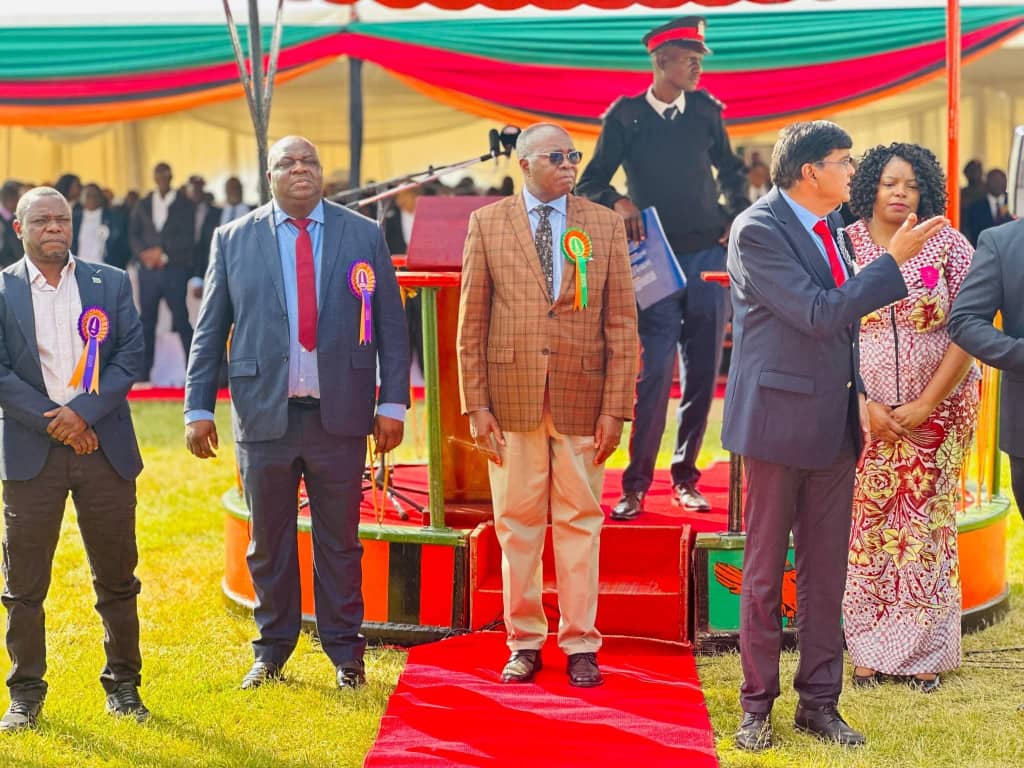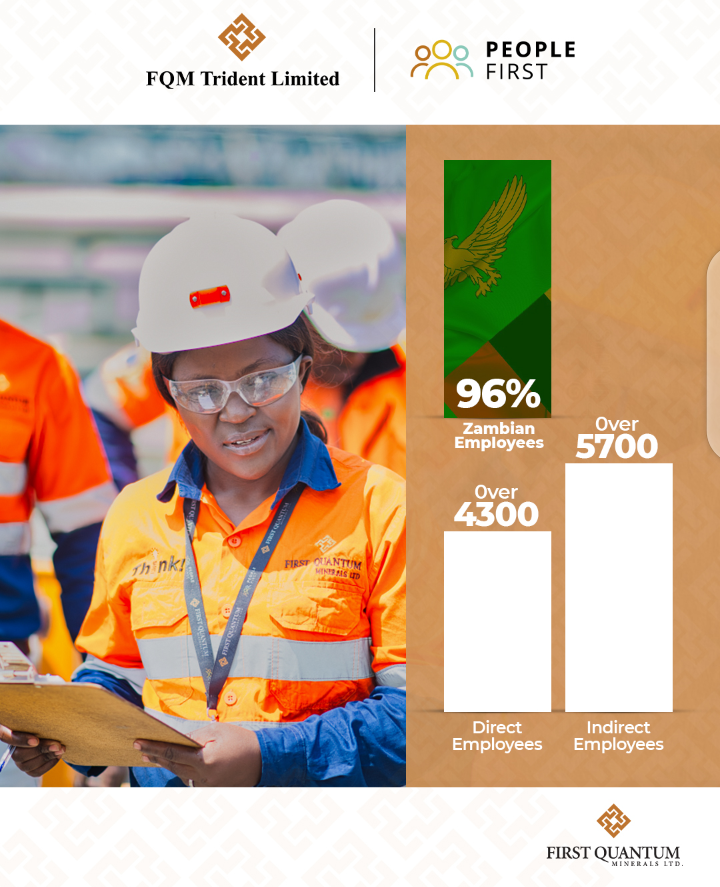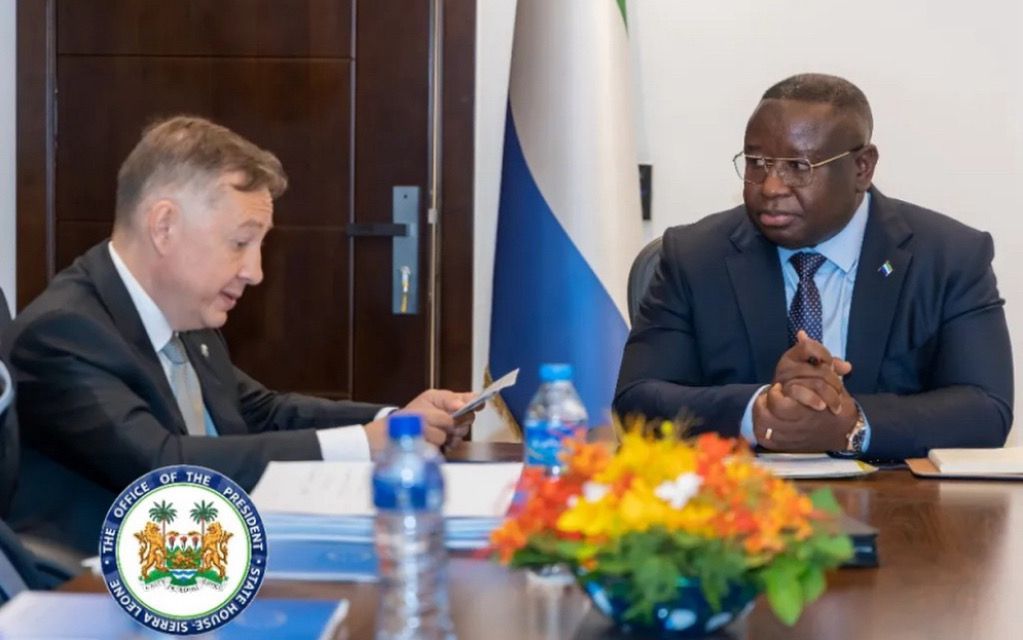By JOHN CHOLA
A three-day United Nations conference in Lusaka ended with a call on Great Lakes governments to actively spur women and youth participation in mining.
The conference held under the theme Peer Learning and Sharing of Best Practices and Policies for Inclusion of Women and Youth In Strategic Mineral Value Chains In The Great Lakes Region, brought together some of Africa’s leading industry lights who once again consolidated their call for a paradigm shift in favour of women and youth involvement in mining.
South African mining entrepreneur, Ambassador Bridget Radebe Motsepe as keynote speaker urged regional governments and global stakeholders to recognize that there were huge benefits in supporting local investments in key sectors such as mining.
The office of the Special Envoy of the UN Secretary-General for the Great Lakes region said the gathering allowed all stakeholders to appreciate that there was a collective effort to advance women’s leadership and inclusion.
Represented by the Director for Political Affairs Fatou Dieng Thiam, UN Special Envoy-Great Lakes Region, Huang Xia hoped to see progress in member states in policy areas, legislation or practical measures on the ground at mining sites. Huang said the United Nations would at all levels pursue the points reflected in the outcome document.
Association of Zambian Women in Mining (AZWIM) founder and trustee Namakau Kaingu lamented that since the early 1990s womenfolk and stakeholders had convened consultative gatherings but with little action taken to catapult women and youth further in the exploitation of natural resources. Kaingu said the labour- and capital-intensive nature of mining had for long deterred women and youths. Sharing her experience on the effective participation of women and youth in the sector, Kaingu noted that despite some fairly good laws which identified and accepted both women and youth into the sector, affirmative action should also see more favourable legislation enacted with budgetary allocations. Governments had not critically considered incentives to help women and youths thrive and develop the mining sector, “Affirmative action should also mean inclusion and appointing of women in decision-making positions and policy-making. As we can all see from the 1990s we have been talking but nothing has happened. I hope as we have heard from this meeting, this is going to be the end of talking and filing documents on the shelves. I feel good that we have gathered here in Zambia not only as women but together with the men,” said Kaingu.
Kaingu prodded the regional meeting to call on regional governments to uplift women and youths from informal small-scale mining to formal status. Most of the women and youth currently participating in artisanal small-scale mining were unable to make tangible progress in their business because they lacked the capital to equip themselves with appropriate tools and machinery for mineral extraction. She stated, “The vicious circle will continue unless we are supported with capital for appropriate equipment. When we say there is mining in Africa, most of the big mines here are not even owned by us, but by foreigners who easily access the money from the stock markets while we have to dig deep into our shallow pockets. Most of these small-scale women, even men, have had to sell their personal property, including houses, to finance their labour and capital-intensive mining. This has left many either dead or stressed to the core. Through the same mining which is supposed to make us rich, we are creating poverty.”
She said most starter-up small-scale miners require about US$40,000 to commence operations.









